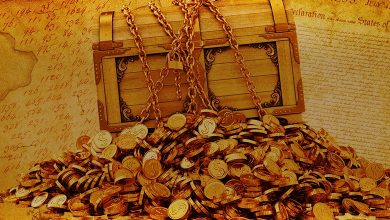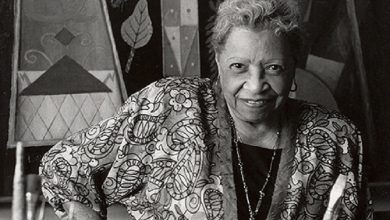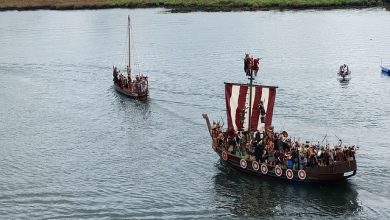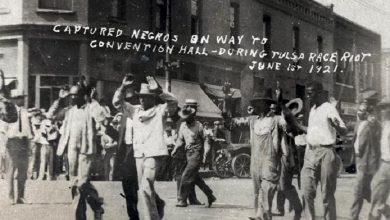What ideas did United States’ founding fathers steal from indigenous peoples?
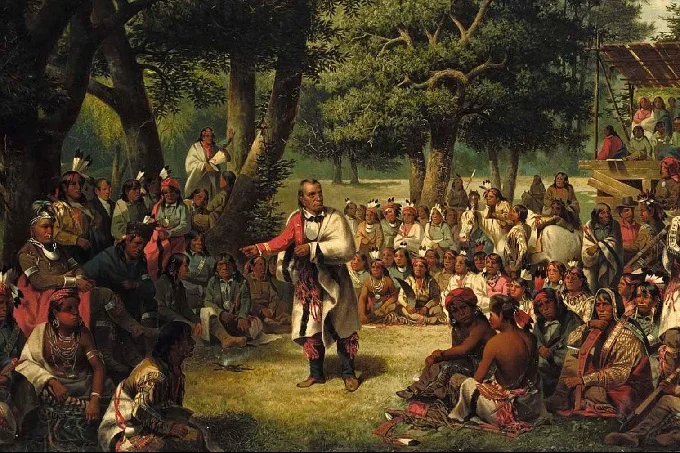
The United States’ founding fathers certainly drew heavily on politicians and history from earlier periods, from ancient Rome to John Locke, in creating the young country. Nevertheless, they borrowed some ideas from Native Americans, who shaped the political system we know today in many ways.
The most influential were the Iroquois. They were the first creators of democracy on the North American continent. The indigenous peoples shaped not only the concept of the new state, but also its symbols.
The Founding Fathers borrowed the political system from the Indians
The Founding Fathers borrowed a number of ideas from Native Americans, especially from the Iroquois Confederacy. Benjamin Franklin, in particular, pointed to their tribes as an example of a proper federal system of government. Franklin held this Confederacy in high regard, an organization of six different tribes united under the aegis of diplomacy, and sought to model his own idea of unity on their experience. But even when the founding fathers borrowed ideas from Native Americans, they still saw them as savages. Some saw Indians as vicious, bloodthirsty and doubted that they were even human.
European colonists fought the Native Americans for centuries, and white settlers continued to occupy their land. As the wars destroyed both sides, Europeans often claimed in their defense that Native Americans were only “half men” at best.
In 1739 Reverend John Callender compared Native Americans to other peoples. He spoke of them as “the least developed members of the human race, lacking in knowledge and pursuit of the noble arts.” Such views of the Indians were born of the fear and bigotry of the early colonizers.
Bloody wars with the Indians lasted for four centuries
In 1750 the Reverend Johann Martin Boltzius wrote of the Native American population, “They are almost always fighting and killing each other among themselves.” Many colonists believed his story only because they were constantly at war with Native Americans.
Claiming that their enemies were “savages” who had little to teach the Europeans, the white colonists managed to convince many that they alone knew the right way to develop civilization. These battles began in colonial times and lasted until the 1890 massacre at Wounded Knee Creek.
Benjamin Franklin treated the Indians well
In the 1780s, he wrote that despite their savage way of life, Indians were inherently polite and had good manners. These make them capable of diplomatic negotiation. There are political groups and elites in their society who can help a future prosperous American government. “We call them savages because some of their manners are very different from ours. But the same thing they think of us,” the founding father said.
Franklin called the House of Commons of the British Parliament a far more indecent institution than a society of “savages.”
Benjamin Franklin described that Indian social events were always orderly. Speakers were greeted with silence, allowed to speak quietly, and not interrupted by shouting. Franklin wondered, “How different from the behavior of the polite British House of Commons, where hardly a day passes without a scandal that causes the speaker to shout until he is hoarse, calling for order.” The politician complained of polite lords who, interrupting each other, tried to speak loudly and quickly.
The idea of a federal government came from the Iroquois
The Iroquois people, a federation of tribes such as the Mohawk, Oneida, Onondaga, Cayuga, Seneca, and Tuscarora, represented the direct opposite of the isolated monarchies of Europe. The Indian tribes, instead of defending their selfish interests, tried to find common ground and to be allies on many issues.
In 1792 the editor of the National Gazette called the Iroquois “republicans, not aristocrats or monarchists”. Their social structure was more like a young state than the organization of ancient Rome and Greece, which the founding fathers considered themselves followers of.
Iroquois chiefs attended meetings of Congress and gave advice to American politicians.

